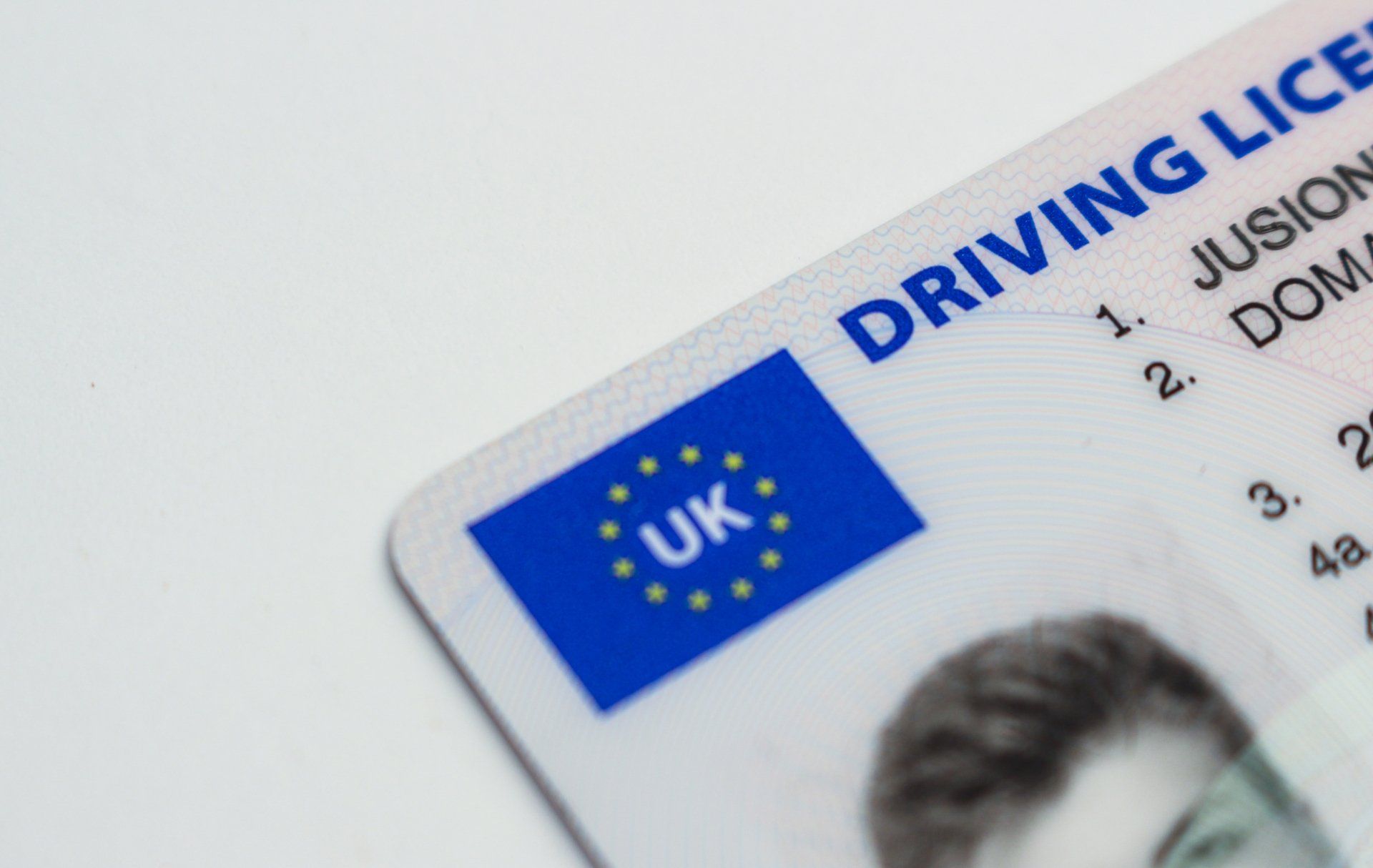Exceptional Hardship - What does it really mean?
When a driver reaches 12 points on their licence, it can mean a disqualification of six months unless exceptional hardship can be argued.

There is a myth in the Magistrates Court that an argument of "exceptional hardship" should be considered a very high bar. There is no case-law that says this, the origins are simply unknown.
Simply put, the test is that exceptional hardship is something that is more than just hardship. It is inevitable that as a result of losing a licence, an offender will suffer hardship and punishment. This can include having to take public transport, loss of income or being unable to visit loved ones.
It is for the defendant to prove exceptional hardship, the test being that such hardship being experienced is more likely than not. Ordinarily, there will need to be evidence given on oath.
When arguing exceptional hardship, the focus should be on three separate things:
- What is the hardship?
- Who is impacted?
- Is there an alternative?
What is the Hardship?
The most obvious impact of losing a driving licence is that someone will lose their job. That, on its own, is not enough. It was confirmed in Railton v Houston [1986] 6 WLUK 68, that when approaching disqualification that loss of employment and income can lead to the inability to pay a mortgage, this can be sufficient to make a finding of exceptional hardship.
The impact on the self-employed is also particularly pertinent, in particular the impact on employees. In McFadyen v Tudhope [1986] SCCR 712, it was stated that the Court should consider the impact on employees of a business where a defendant was at risk of losing their licence;
Who is Impacted?
A Court will inevitably be more persuaded by hardship that is experienced by someone other than the offender. This can include family members and particular consideration will be given to those who are vulnerable. The consideration of loss of employment will be keenly felt by others. This will also include employers and employees who have been given specific consideration in case law.
The leading case in the importance of considering the impact on others is Cornwall v Coke [1976] Crim. L.R. 519, where it was confirmed that innocent third parties should be central to the Court's consideration.
Is There an Alternative?
When arguing exceptional hardship, it is important to be prepared to show that there is no alternative solution to having a full driving licence. This will include considering public transport, private hire taxis and even in some circumstances the hire of a driver.
The test the Court will apply is whether there is exceptional hardship, not simply that it will make someone's life difficult.
Ensuring adequate representation is exceptional, Rhys has extensive experience in making arguments of this type both at first instance and on appeal.
Fill in the Below to Contact Rhys and to obtain legal advice










